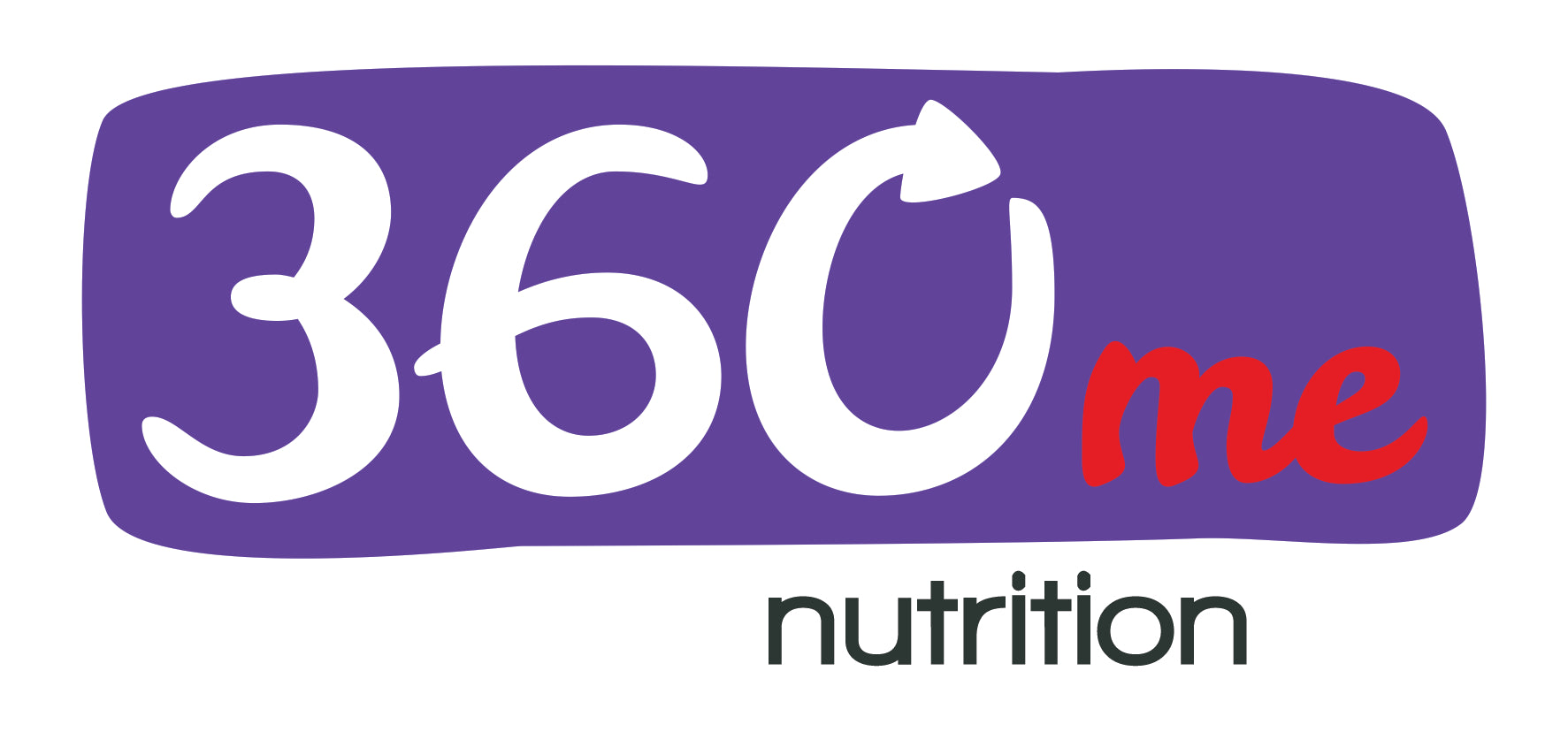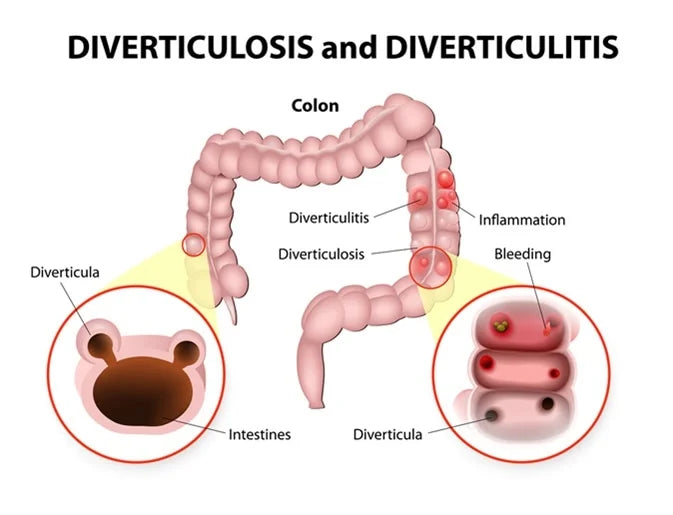Navigating Diverticulitis: The Role of a Dietitian in Digestive Health .
What is diverticulitis and what are the symptoms?
Diverticulitis is a common gastrointestinal condition that can impact the quality of life for many individuals. Understanding the condition and the relationship with diet is crucial for effective management. In this blog, we aim to better understand diverticulitis and explore the valuable role that a dietitian can play in supporting individuals dealing with diverticulitis.
Diverticula are small, bulging pouches that can form in the lining of the colon. These pouches typically develop in weak areas of the colon wall, particularly where blood vessels penetrate the muscular layers of the colon. Diverticulitis occurs when one or more of these diverticula become inflamed or infected.
This inflammation can cause symptoms such as abdominal pain (often localized in the lower left side), fever, nausea, vomiting, constipation or diarrhoea, and sometimes rectal bleeding. In severe cases, diverticulitis can lead to complications such as abscess formation (collection of pus), perforation of the colon, fistula formation (abnormal connections between organs), or bowel obstruction.
What are some common risk factors for developing diverticulitis?
- Genetics
- Obesity
- Smoking
- Low – fibre diet
- Lack of physical activity
- Certain medications; NSAIDs and steroids
Treatment
Diverticulitis typically requires treatment, which may include antibiotics to clear the infection, dietary modifications (such as a clear liquid diet or low-fiber diet during acute episodes), and in some cases, hospitalization for intravenous antibiotics and supportive care.
A dietitian is an important aspect of the treatment plan. A dietitian can provide personalised advice to help you increase the fibre in your diet and optimise gut health. A dietitian will provide you with personalised recommendations, such as:
- Fiber-rich food recommendations: A dietitian can suggest specific foods that are high in fiber, such as fruits, vegetables, whole grains, and legumes, to help prevent constipation and promote regular bowel movements.
- Fluid intake guidance: Adequate hydration is essential for digestive health, and a dietitian can advise on the appropriate amount of fluids to consume daily, considering factors like age, activity level, and health status.
- Supplement recommendations: In some cases, dietary supplements such as fiber supplements or probiotics may be beneficial, and a dietitian can recommend appropriate options based on individual needs.
- Education and support: Beyond just providing dietary recommendations, a dietitian can offer education about diverticulitis, its management, and lifestyle modifications that can help prevent future flare-ups.
- Weight management guidance: For individuals who are overweight or obese, a dietitian can provide guidance on achieving and maintaining a healthy weight. This may involve personalized recommendations for calorie intake, portion control, and strategies for incorporating physical activity into daily routines.
In summary, diverticulitis is an inflammatory condition affecting the colon, often characterised by abdominal pain and digestive discomfort. A dietitian's personalised guidance on dietary modifications, fluid intake, and weight management can significantly improve symptom management and overall digestive health for individuals with diverticulitis.

